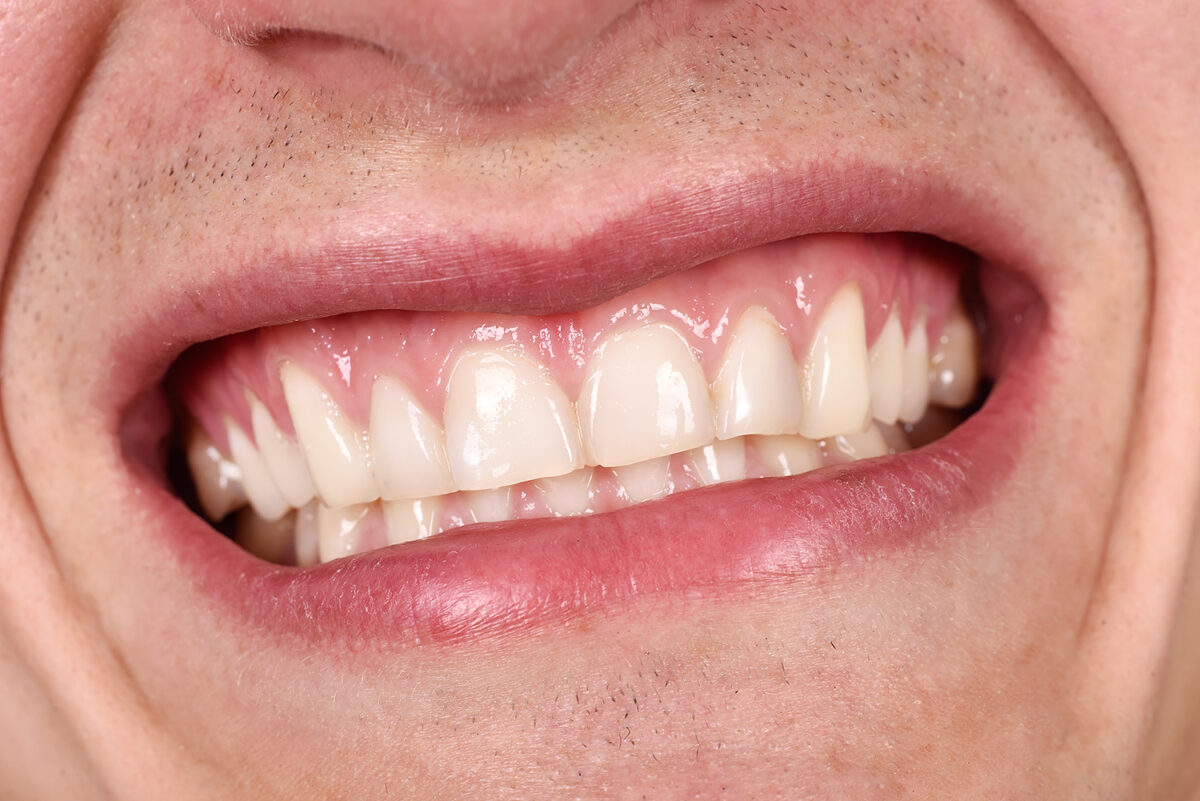Are you also amongst those who are afraid of going to the dentist? Or you know someone with such anxiety or fear? Well, people with these fears or concerns can prove to be harmful to themselves as it will lead them to avoid the dentists, thus keeping away from the essential treatments.
Causes of Dental Phobia
There are various terms for dental anxiety. It can be termed as odontophobia, dentist phobia, dental fear, etc., though they all mean the same thing i.e. to be alarmed by the ambiance of the dental clinic and all the procedures to be occurring there. This fear can be because of various reasons ranging from needles to drill, etc. Many people have a preconceived fear without visiting a clinic, while others feel daunted due to their prior experiences.
The person alone cannot be blamed for the sole cause of the fear; sometimes, it is a bad interaction with the wrong person on the treating end. Moreover, in today’s times, the media and social platforms are enough to cause these fears as people are too active in sharing their good and bad experiences.
Treatment of Dental Phobia
As tooth decay and cavities have become common problems, it becomes a necessity to visit the dentists regularly. In such a situation, if you are prone to a dental phobia, you make yourself vulnerable to various lifelong problems and pain. Thus, you need to ensure to treat this fear timely and make yourself free from any complications.
Well, there are many ways to treat dental fear and anxiety. The treatments vary from behavioral techniques to the medications. In a few dental clinics, doctors and psychologists work together with some useful tools and skills to relieve you from such fear. Some dentists even try at their level to combat the patient’s anxiety by soothingly dealing with them. In addition to it, applauding the patient for his cooperation after the treatment can make a difference in how he sees the dentist next time.
Breathing and meditation are always successful tools when it comes to overcoming any fear. You can try deep breathing exercises, muscle relaxation, to relax while in the dentist’s chair for the treatment. More often, dental anxiety is in the form of the embarrassment of having bad teeth; you need to make sure you accept the fact that it can happen to anyone.
Pretreatment preparation to avoid dental anxiety and fear
Besides all the medications and tools, what a person can do is a pretreatment meeting with the dentist. Whether it is you or your child who is anticipating a fearful dental treatment, fix a face to face meeting with the dentist to make yourself comfortable. Tell the dentist about the fear so that he tries everything from using the stress balls to excellent music to make the treatment more comfortable.
Try every possible way to overcome this dental fear but never compromise with the health of your teeth, as it may invite lifelong pain and suffering!
Book Appointment to find out which treatment might be best for you.


